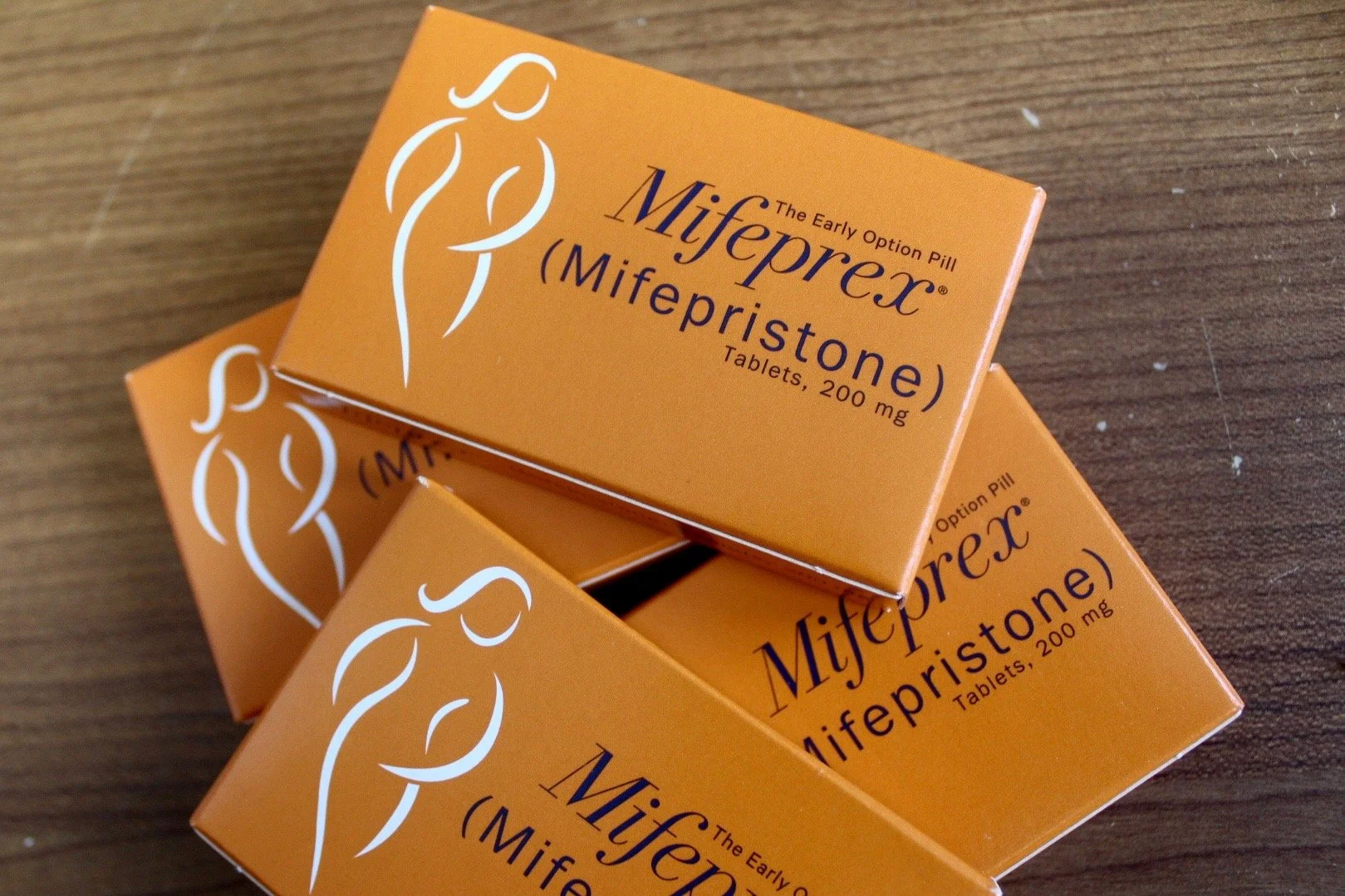Supreme Court’s mifepristone decision postponed twice, Court preserves public access to the pill — for now
The Court compromised with a 7-2 dissenting opinion, with Justices Samuel Alito and Clarence Thomas writing the dissent. Unsplash
Even though the Food and Drug Administration-approved (FDA) reproductive health pill mifepristone — also known as RU-486 — remains accessible to the public as of the Supreme Court’s April 21 dissenting decision, the U.S. public is left in the dark on if Dobbs v. Jackson will pose to strike the pill in judicial review once more.
Unlike majority opinions, dissenting opinions are not law-binding, leaving this decision vulnerable to ensuing court cases or legislation — the mifepristone case, namely Alliance for Hippocratic Medicine v. FDA, is currently being reconvened at the Fifth U.S. Circuit Court of Appeals.
According to a census of all known U.S. abortion providers done by Guttmacher — a research and policy non-governmental organization seeking to improve and expand reproductive rights worldwide — medication abortion accounted for 54% of all abortions in the U.S. in 2022.
Mifepristone, an at-home medication route to abortion, was approved by the Food and Drug Administration in 2000 — with leading medical and scientific organizations, including the World Health Organization, the American Medical Association, the American College of Obstetricians and Gynecologists and the American Academy of Physicians, continuing to recognize its safety and efficacy. Photo by Robin Marty
If mifepristone and its counterpart misoprostol are reconsidered as a foe to the Dobbs decision and no longer legal in accordance with the U.S. Constitution, reproductive healthcare routes for women could become severely limited.
For women in the states that have banned or severely restricted abortion since Roe v. Wade was overturned in June, medication is one of the last practical alternatives left, according to Planned Parenthood's newsroom.
“The pill’s ubiquity, its ability to be sent quickly and discreetly through the mail and be taken within the privacy of one’s home, has made it a desirable option for anyone seeking to end an early pregnancy,” Planned Parenthood wrote in a January newsroom letter.
As a nurse practitioner, Jacqueline Deats, the director of Student Health at Chapman University, neutrally informs patients of all reproductive health care options. According to Deats, if mifepristone is banned, Californians have alternative options, while residents of the states banning those alternatives may have to travel elsewhere for an abortion.
“(The) options if mifepristone is no longer available (are) abortion (surgical), continuing the pregnancy and parenting or continuing the pregnancy and adoption,” Deats told The Panther.
This means that without medication-related abortion — like mifepristone used with misoprostol — women in states like California where surgical abortion is still legal must seek in-person procedures through abortion clinics, which eliminates the privacy of at-home abortions.
According to the National Library of Medicine, medical abortion alternatives in the United States, such as the pill methotrexate for the termination of pregnancy, require larger studies to determine the safety and efficacy, and thus are not widely used by many abortion clinics as a first option.
Anjie Aveno, a third-year health sciences major, is a part of Chapman’s Creating a Rape-Free Environment for Students (C.A.R.E.S.) initiative. For Aveno, as a female student, inequities already exist in regard to reproductive medication access and — after more the Dobbs decision medication legislations roll out — these inequities could be heightened.
“I have already seen too many inequities (among female university students),” Aveno told The Panther. “I already know that yes, while birth control is accessible, it can still be expensive. Insurance can be hard to bypass for birth control, too. It is already so hard for (women) to ask for help, so by restricting (access to medications) even more, it becomes even harder for women to go ask for help.”
In addition to potential inequities, the American Psychological Association (APA) is deeply concerned regarding the emotional aspects for women given the emerging possibility that the U.S. Supreme Court will eliminate the constitutional right to obtain an abortion nationwide. The APA cites decades of research demonstrating the harm to women’s mental health if abortions are outlawed or made even more difficult to obtain.
APA President Frank C. Worrell noted that rigorous, long-term psychological research demonstrates clearly that people who are denied abortions are more likely to experience higher levels of anxiety, as someone’s ability to control when and if they have a child is frequently linked to their socioeconomic standing as well as earning power.
For Aveno, she fears these psychological implications could impact the mental and physical health of female university students with potential psychological stress from restrictive reproductive decisions.
“I wouldn’t go as far as banning this because coming from a medical perspective, mental and physical health, those things are as important as reproductive health,” Aveno said.
According to an April 19 letter from one of the many women’s health clinics in California, FPA Women’s Health, the issue of women’s reproductive health extends beyond political or religious opinion — as it is an issue of science.
“This case is bigger than Texas, bigger than abortion,” the letter states. “This case will clarify whether as a nation, we believe that scientists and doctors can practice according to science and evidence, or whether we believe that political leaders can decide the fate of our health based on their own moral compass. We are hopeful justice will prevail.”


